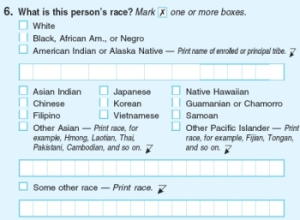Inherently Subversive Pedagogy
 In 2010 the Arizona legislature created a law designed to deter the teaching of a Mexican American Studies course in Tucson schools by cutting State funding to districts with courses that, among other things, “promote resentment toward a race or class of people.” After a finding by the state court in 2011 and under the threat of a $15 million fine, the Tucson district was forced to stop utilizing a course that was available to all students, was effectively closing the achievement gap, and was successful in helping Latino students attend college. One aspect of enforcement that the district decided on was banning the use of many books that were a part of the Mexican American Studies program from schools.
In 2010 the Arizona legislature created a law designed to deter the teaching of a Mexican American Studies course in Tucson schools by cutting State funding to districts with courses that, among other things, “promote resentment toward a race or class of people.” After a finding by the state court in 2011 and under the threat of a $15 million fine, the Tucson district was forced to stop utilizing a course that was available to all students, was effectively closing the achievement gap, and was successful in helping Latino students attend college. One aspect of enforcement that the district decided on was banning the use of many books that were a part of the Mexican American Studies program from schools.
I was introduced to the Tucson curriculum issue in Professor Mazzie’s first semester Legal Analysis, Research, and Writing 1 class last fall. Our assignment was to write a brief memo on whether the Tucson course was in violation of A.R.S. § 15-112. The constitutionality of the Arizona law itself has since been called into question under the purview of a federally appointed special master who is overseeing the Tucson School District’s mandated desegregation. It was satisfying to see, earlier this month, the U.S. Court of Appeals for the Ninth Circuit agree with my position in Professor Mazzie’s class that the curriculum was not necessarily a per se violation of A.R.S. § 15-112 anyway.


